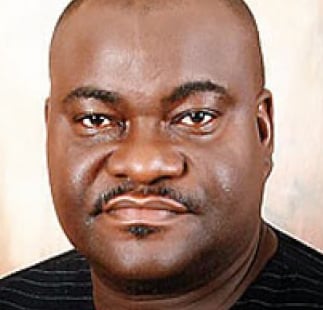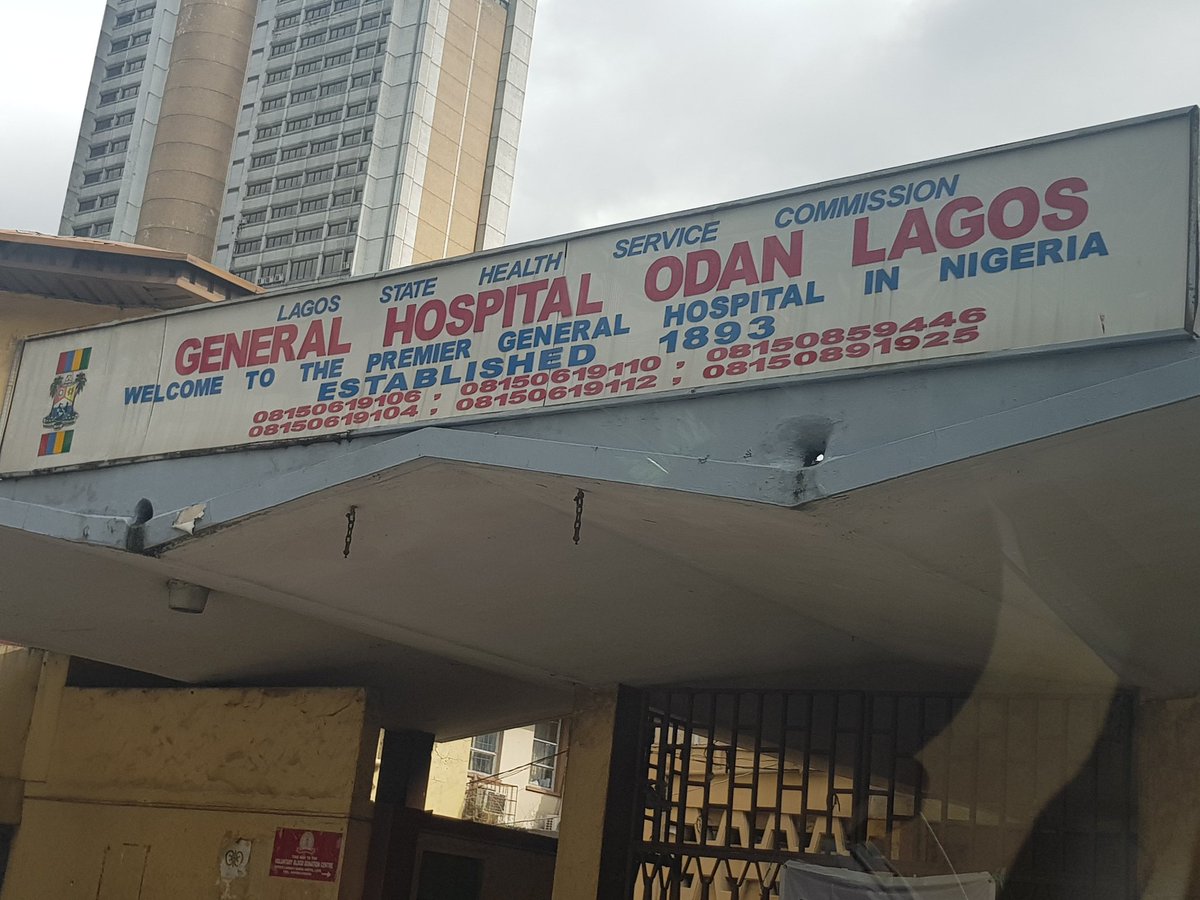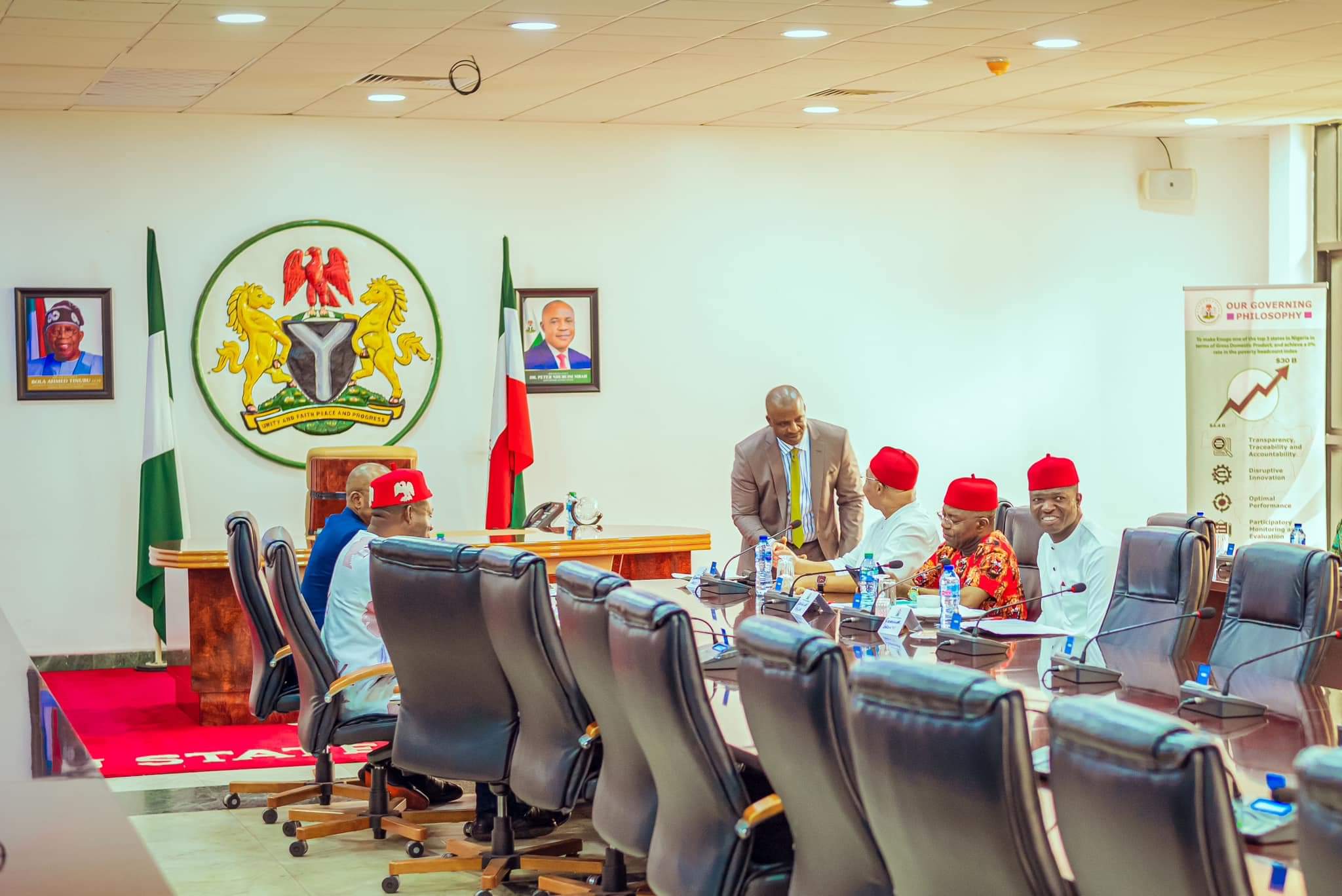Arriving in Johannesburg, South Africa in June 2010 to join in the excitement of the first-ever FIFA World Cup hosted by an African country, I got my first-ever baptism of entrapment in an elevator. I was on the trip with two very good friends, Onukaba Adinoyi-Ojo and Femi Olatunde, who were journalists like me, both of whom unfortunately are no more with us. We walked across from our hotel in the highbrow Sandton district in Johannesburg to the official address of the Nigerian delegation to the tournament in the same district. We would suddenly find ourselves with about a dozen others trapped in the cavernous belly of the hotel elevator as we made to visit the floor in the hospitality facility hosting our compatriots, to share in the carnival mood.
Former Deputy Senate President Ike Ekweremadu and his colleague in the House of Representatives, Emeka Ihedioha were co-leaders of the Nigerian delegation. SuperSports soccer pundit Gavin Hunt of South Africa was in the lift with us. The hotel authorities kept reassuring us the maintenance team was on its way. We would later learn they were unfortunately held up by the traffic gridlock in Johannesburg on that day by the mammoth street party engendered by the opening ceremony of the global competition that Saturday, June 11, 2010. Thankfully we were rescued after over an hour of a virtual face-to-face with death. I’ve endeavoured ever since to be quartered on hotel floors I can easily hop through, where available.
Elevator snarls are indeed a global phenomenon. The one-time deputy governor of the Central Bank of Nigeria (CBN), Kingsley Moghalu and his wife Maryanne were reported to have been trapped in a hotel elevator in the dailies on Monday, August 13, 2023. While the place of occurrence was not mentioned, the Moghalus were holed up in the facility, stuck between two floors for 30 minutes before help finally came. A relieved Maryanne Moghalu would thereafter encourage people to always pray before leaving their homes every day, not forgetting to read Psalms 91.
The globality of unforeseen elevator malfunctions is further exemplified by a recent tragedy on Thursday, August 4, 2023, in India. A 73-year-old Indian granny died in an elevator free fall at the Paras Tierea building. The septuagenarian according to accounts took the lift at the eighth floor destined for the ground floor. The device developed a fault and its wires snapped. She was accessed after 45 minutes and taken to the hospital but sadly didn’t make it. Dhirendra Singh, a member of the Uttar Pradesh Legislative Assembly, the catchment where the incident occurred in India, immediately called for the implementation of the “Lift Act”. He made the call during his meeting with Yogi Adityanath, chief minister of Uttar Pradesh after the recent elevator catastrophe in the state.
Advertisement
Over the ages, elevator accidents which characteristically come with severe casualties have been reported from some of the most advanced nations in the world. From the United States of America (USA) through Australia, to Brazil, England, Spain, Austria, Cambodia, Canada, China, Chile, Germany, Indonesia, Iran, Israel, Hong Kong, Netherlands, Turkey, and South Korea, elevator tragedies have occurred. Such mishaps have been adduced to defective doors, irregular speed, falls into shafts and sundry technical hiccups. Injuries can also be very fatal. Global best practices demand that lifts are regularly and thoroughly inspected, maintained and repaired.
The Tuesday, August 1, 2023 elevator malfunction which claimed the life of the precocious 24-year old Vwaere Diaso at the Lagos State General Hospital, Odan, is a wake-up call. Instructively, the Babajide Sanwo-Olu administration in the state has moved quickly to interrogate the tragedy. It intends to ascertain the exact cause, technical or otherwise, of that incident. For an elevator reportedly procured and installed just two years ago, could it have been a genuine mechanical problem or an orchestration in the dog-eat-dog business environment prevalent in our parts? Subject to a thorough and dispassionate inquest, sanctions will be appropriated while preemptive measures will also be put in place to forestall a recurrence. The inquisition must be as dispassionate as possible and must not degenerate into unnecessary scapegoating of particular individuals or entities. For an accident which occurred in a hospital environment, who were the first responders? Were Diaso’s colleagues and other workers in that community quick off the blocks?
The jab-in-the-arm by the way is not for the Lagos state government alone but for Nigerians and the world at large. Before the recent painful development, the Babajide Sanwo-Olu administration had hitherto been applauded for its proactive approach and innovation in healthcare management in the state. His government initiated the “One Health Paradigm” to improve public health infrastructure and services in the state. He has been consistent in implementing programmes in key priority areas a major component of which is the systematic improvement and transformation of health institutions across the state. The infrastructural intervention was informed by the need to create a sustainable maintenance regime that will retain the standards of movable and immovable hospital facilities. The aim is to ensure that hospitals provide immediate and qualitative healthcare services to the public. This culminated in the evolution of a maintenance framework by the administration for medical and indeed other facilities in the state.
Advertisement
Developed by the Lagos State Infrastructure and Asset Management Agency, (LASIAMA), the model culminated in the engagement of facility management outfits. They are entrusted with coordinating the scheduled maintenance of all state government-owned hospital assets and equipment as may be required. This is achieved through the employment of a bouquet of skilled artisans and technicians serving as support workers. LASIAMA has since established a standard facility administration template in all the maternal and childcare centres (MCCs); the Infectious Disease Hospital (IDHs), Yaba; General Hospital, Odan and the Doctors’ Quarters in Lagos Island General Hospital. The Lagos State University Teaching Hospital, (LASUTH); Lagos State University College of Medicine, (LASUCOM); Burns and Trauma Centre in LASUTH Annex, Gbagada, are also covered by the same maintenance framework. Lagos Island Maternity Hospital; Lagos State Accident and Emergency Centre located by the old Lagos-Ibadan tollgate, and the Folarin Coker Staff Clinic in the State Secretariat, Alausa, Ikeja, are all served by the same structure.
Kunle Adesanya, head of the facility management unit, LASIAMA, reminds us of the priority placed by the Sanwo-Olu government on efficient healthcare delivery in the state. This, he observes, has informed the heavy investment of the government in the entire gamut of the healthcare sector in the state to ensure the seamless performance of medical practitioners. Godwin Akhaboa, medical director of the Isolo General Hospital corroborates Adesanya, extolling the aggregate efficiency of LASIAMA. Akhaboa speaks of “proactive maintenance” which will assist in the preservation of physical structures and facilities. His counterpart, Adebola Mustapha of the Maternal and Child Centre, Eti-Osa is on the same page. The LASIAMA prototype, which began in 2019, has opened up job spaces for an average of 40 non-clinical staffers in each medical facility being served by it. By productively and sustainably engaging such numbers as cleaners and multi-speciality artisans, LASIAMA has been helping in the mitigation of youth unemployment.
We must collectively interrogate our facility management regimen across sectors. Dysfunction of facilities and devices is not limited to government-owned institutions. Public buildings, offices, schools, hotels, and shopping plazas are susceptible to such unforeseen disasters. The period of the suspension of the service providers engaged by LASIAMA on account of the August 1, 2023, incident, should be for deep reflection and retrospection not only by the agency but everyone. The Lagos state government must mete out very severe punitive measures where cases of ethical infractions and procedural negligence are established after thorough investigation. LASIAMA and owners of structures and monuments served by such sensitive components should collaborate in developing solutions to mitigate future occurrences. How best can elevators, escalators and so on be deployed sustainably without putting users at risk?
Unfortunately, bearing the brunt of the incident, for now, is another promising lady, Adenike Adekanbi, who was appointed the general manager of LASIAMA in July 2019 from available reports. She must have been delivering on her mandate, from all indications, till the accident. Can a miscarriage of justice be avoided at the end of the day?
Advertisement
LASIAMA should impress on its consultants the need to have well-trained elevator maintenance personnel on 24-hour standby in as many of its facilities as possible. This may be the time to speak with vendors and installers of such equipment for the cultivation of engineers and technicians with such specialised skills. LASIAMA can only help its concessionaires to improve upon their services.
Olusunle (PhD), poet, journalist, scholar and author is a member of the Nigerian Guild of Editors, (NGE)
Views expressed by contributors are strictly personal and not of TheCable.
Add a comment







